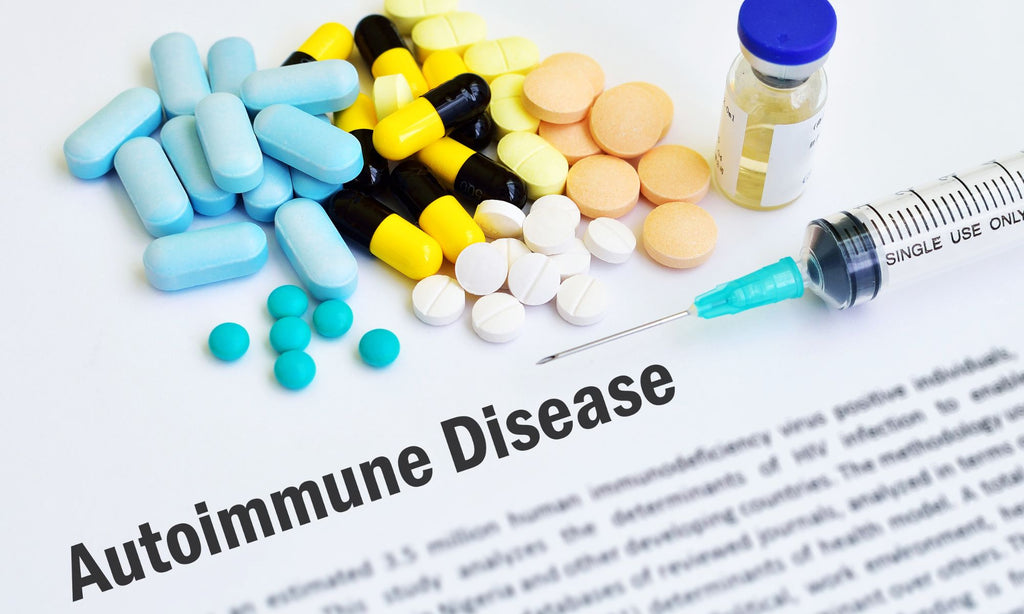blog
In today’s fast-paced world, it can be hard to find the time to take care of your gut health. However, taking small steps to reduce stress and improve digestion can go a long way towards improving your overall wellbeing. This blog summary will explore how reducing stress and anxiety can help with gut health, as well as some easy ways to do this. We will also discuss how making small changes in your diet and exercise routine can help enhance digestion and promote better gut health.
Recently, numerous studies have been conducted to explore the correlation between gut health and autoimmune diseases. Results have shown that a neglected digestive system can be the root cause of certain illnesses, including autoimmune disorders. In this blog post, we will discuss the potential causes of autoimmune diseases and their relationship with gut health. In addition, we will investigate the impact of dietary and lifestyle changes on gastrointestinal health and examine their effectiveness in alleviating signs associated with autoimmune diseases. Additionally, we will evaluate the efficacy of probiotics as a possible solution to autoimmune conditions.
Vegetables are typically thought of as healthy foods, but some can actually cause inflammation in the digestive tract. Leafy greens like spinach, kale and collards contain oxalates—a natural compound that binds minerals and makes them unavailable to the body. When these vegetables are consumed in large amounts, they can cause an excess of oxalates which can lead to inflammation and irritation in the gut.
The best way to avoid these vegetables is by eating smaller portions with meals and limiting them altogether if you have a history of gastrointestinal distress or other gut issues.
To prevent digestive problems, it is important to eat healthy foods and avoid eating too much food. You should also drink plenty of water every day.
You can also try some natural remedies for digestive issues. For example, you can take probiotics such as lactobacillus acidophilus or bifidobacterium species. You can also try drinking certain teas that promote digestion such as peppermint tea or ginger tea
Yoga helps you build strength, flexibility, and endurance all at once. When you practice yoga regularly, your body will become more flexible, which means that it'll be able to do things like bending over and touching your toes without feeling pain or discomfort. But it's not just about the physical benefits of yoga—it's also about how it can help you improve your mental health by relaxing your nervous system and helping you reduce stress levels.
But did you know that collagen is also important for gut health?
The gut is home to trillions of bacteria, which help break down food and nutrients into simple molecules that can be absorbed by your body.
Collagen helps keep the lining of your intestines healthy and strong so that these bacteria can do their job effectively.
Showing 1 - 6 of 10 result












